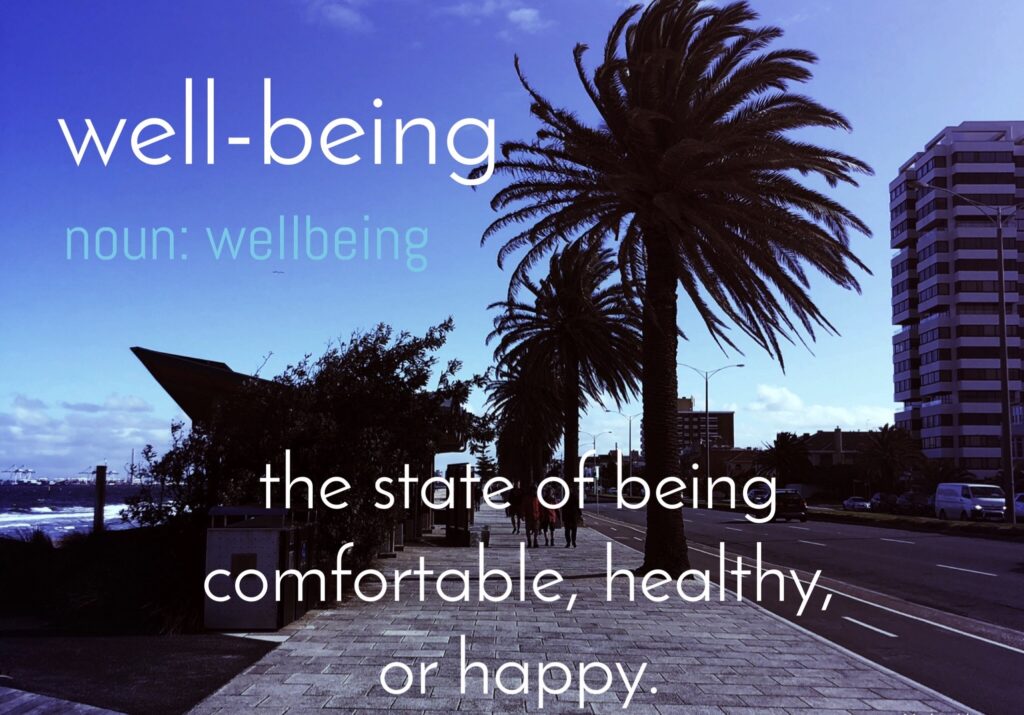We all hear the word Well-being often now in our day to day lifestyle and all types of information to help us support our well-being, but what does well-being actually mean.
According to the Oxford dictionary it means: the state of being comfortable, healthy and happy.
While I think this is a pretty basic, but accurate definition I would say it is all of those things, the state of being comfortable, healthy and happy.
I have had a passion for exercise, health and well-being from a young age, but I certainly wasn’t always healthy and happy, comfortable yes with a loving family, but not always comfortable with myself. In fact I was actually pretty unhealthy and unhappy for a long time and definitely uncomfortable with who I was at certain times.

It sure has been a work in progress but one I have always been willing to learn more about and have done for over a few decades now and I know I have changed through what I have learnt and implemented into my lifestyle.
I am in no way perfect and it hasn’t always been easy to make changes or keep up good habits but I am so much happier, healthier and comfortable for it and it is my aim now to tell people what I know and what actually works.
During the first lockdown in Australia back in March, my idea for what I would do with The Konnection Club started to evolve I had planned to do some events but had to cancel them.
I had been learning about the importance of social connection on our well-being for sometime but I decided to take it further by enrolling in a course called The Science of Well-being put together by Professor Laurie Santos from Yale University.
It has now gone onto become the most popular course at Yale, with the plan for it to be implemented as a more extensive course. It is available through Coursera online and is a free 10 week course. I highly recommend taking it, if this is something you might be interested in.
The aim of the course was for us to learn the science and practices of well-being not only for ourselves but also more broadly how they can be implemented in society.
What surprised me was that after just 10 weeks my levels of happiness and well-being improved. We took two baseline tests at the beginning and then again at the completion of the course. My happiness and well-being scores were actually not too bad to begin with however they did improve.
During the end of the course we were asked to pick one of the practices and implement it each day over a four week period and track it on an app. I chose Meditation which I had been doing for sometime but in this case I tracked it in the app and was more conscious of doing the practice each day.
At the conclusion of the course we took the tests again to measure our happiness levels. Mine definitely increased but what I was most blown away by was that the measure of loneliness increased significantly.
Even though I am single and spend quite a bit of time on my own I would not have considered myself lonely as I have a huge family and are engaging with people all the time and are content in my own company. This was a huge shock to me, but I was also excited as this has a huge implication for people.
It had a huge implication on me as I suffered a lot of grief as a young adult that I felt burdened me for decades. It was back then after my mum passed I decided that my happiness was the most important thing and I have always been investigating and trying out things to help. Now I had evidence of the things that actually do work. This is huge for people to really know this information.
Many of the things we all know about include exercise, sleep, social connection, meditation and gratitude. I have included a number of these for many years as part of my lifestyle, and I knew they were doing me good long before I knew any of the science behind it. Now I have the proof and the confidence to know the things I have been doing were all positive and purposeful and are proven by science to really work. There were others I had no idea about and so want to share the list with you all.
The following practices are:
- Social Connection
- Using your Signature Strengths
- Gratitude
- Exercise
- Kindness
- Sleep
- Savouring
- Meditation
You are probably already familiar with many of these and how important they are to your own lifestyle and well-being, however I am planning to discuss each of these in more depth about what makes them so good. I also would include nutrition and mindset as well in addition but this post is about the practices we learnt about in the course.
Practices of well-being are just that, practices and a few minutes a day over time can make significant changes. They also do need to be practiced, it is not just enough to know, we also have to do.
After 10 weeks of implementing what we were learning with these practices each week which was our homework throughout the course I was able to see real changes that are based in science.
These are important topics I will be covering in more depth, touching on some of the science that make these practices so good for us.
I will also include little tips to introduce some daily habits, that all go towards actually really helping better your well-being.
Let’s all make 2021 a year of well-being for ourselves, and everyone else. Our own well-being is something that is not only good for us, but it impacts everyone around you.
Adios Amigos! (Goodbye Friends).
Kathryn
I learnt Spanish on DuoLingo during Lockdown! Highly recommend it, such a great app and also so good for the brain to learn something new, more discussions on that later.
Featured Image by Kathryn Perez Main Image Kindel Media/Pexels


